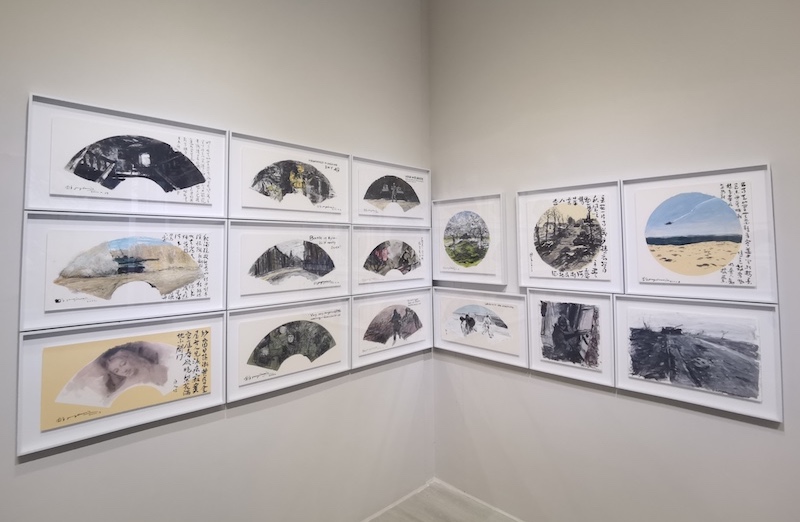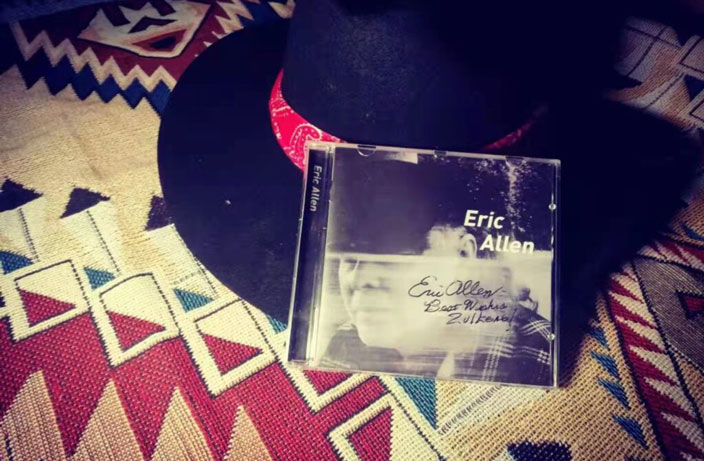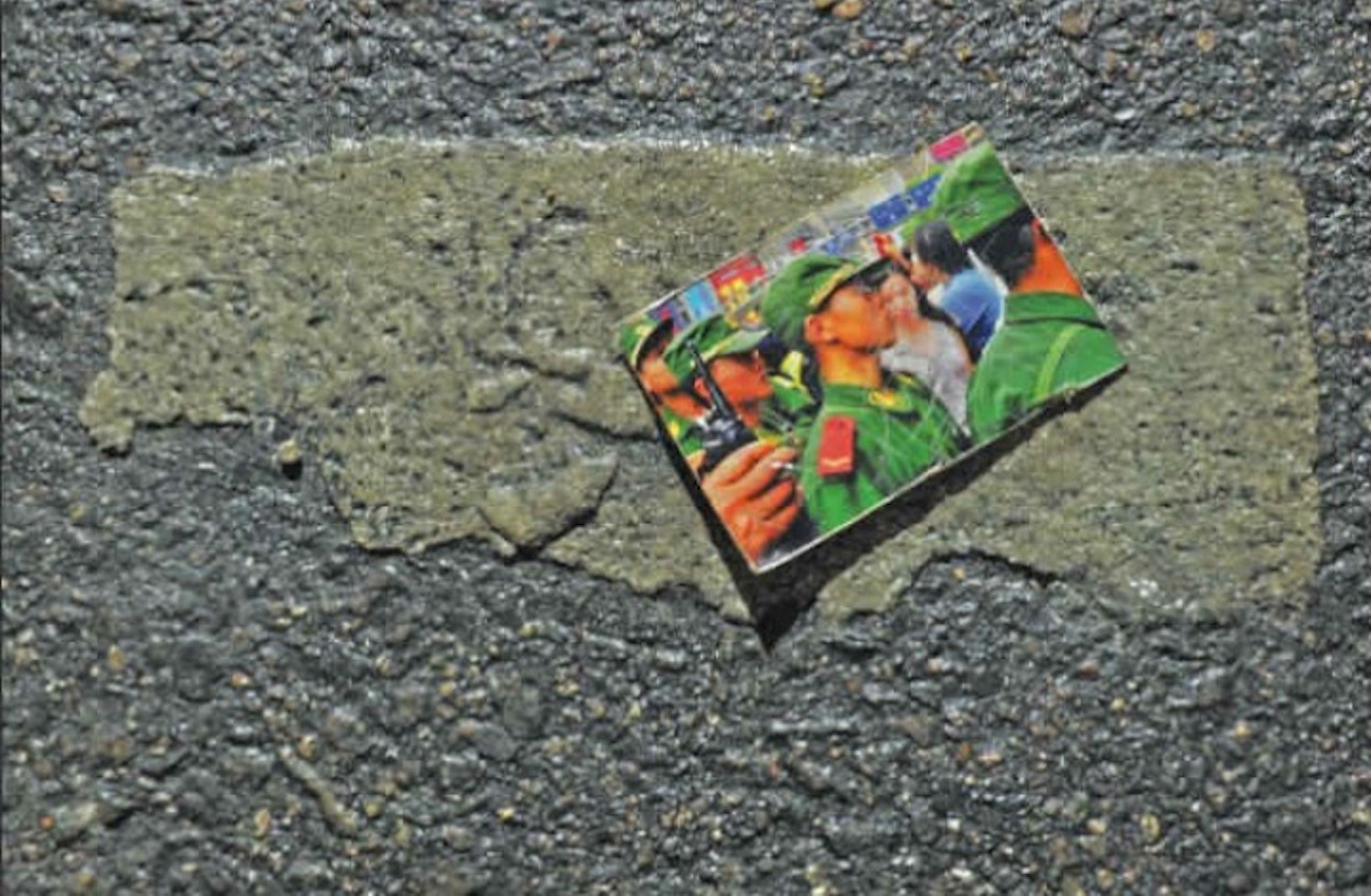Settle in, loosen your belt, get comfortable. It might hurt sometimes, but Massage is good for you. Bi Feiyu’s 2008 novel, winner of China’s prestigious Mao Dun Literary Prize, is now out in English, translated by the indefatigable Howard Goldblatt and Sylvia Li-chun Lin.
The loosely structured narrative follows the staff and management at Sha Zongqi Tuina massage house in Nanjing, almost all of whom are blind. Bi is smart to not use a sighted narrator, allowing his characters to be people rather than blind people. One of the main themes is that the blind want respect, not sympathy. At one point, we suddenly realized that we were reading a novel about migrant workers – they just happened to be blind.
Yet blindness is of course not just a detail; it has shaped these people, and given them a specific insecurity and self-reliance. Wang Daifu and Xiao Kong are meant to be together, but are stymied by her parents’ refusal to let her marry a blind man. Du Hong abandons the life of a musical prodigy when she realizes the audience admires her bravery, not her skill – and accidentally discovers she is beautiful. Sha Fuming, the co-owner of the place, falls for Du Hong and falls out with his partner over misallocation of lunchtime mutton. Jin Yan is obsessed with marriage.
This is almost a book of interlocking short stories, as we dip in and out of lives and story arcs merge then separate. Rather than a central narrative, we have a range of love stories and personal struggles; a character like Xiao Ma, imprisoned by shyness until a friend brings him to a brothel, is almost a silent presence in the background until his time comes. We learn all the back stories, how and when each person became blind. There are lovely set pieces too, such as Wang Daifu’s defiance of criminal intimidation.
The prose has a delicious sensuousness, with the lovemaking of Xiao Ma and Wang Daifu in particular moving and believable. It’s hard to write about sex (and, one imagines, to translate it), so bravo. There are no extra services at this massage place, but lust still stirs in the staff as they pair off or court each other.
Having read a fair few modern Chinese novels – man’s inhumanity to man, the powerful abusing the weak, the progress machine steamrolling all in its way – we worried about this book a little. Now the blind were going to get it! It threatened to be unbearable.
But no. While all is far from sweetness and light, Massage is not about the blind being taken advantage of. It is scathing about society’s attitude towards them, though. The hundred-yuan stipend blind people receive each month is seen as a payment that allows the sighted to pretend to care about them, not an act of generosity. And to be considered brave is to be demeaned. “Why should the blind need more dignity than the sighted? We force so many things upon ourselves. There is only human dignity, never dignity belonging only to the blind.”
Their interactions are fascinating; they touch each other more than sighted people, and undress methodically so they know exactly where their clothes are. One character has learned to manipulate time in his head, and has complete freedom while, from the outside, he seems merely lost in thought. “Not being able to see is a limitation,” he thinks. “So is being able to see.”
Blindness demands a different mindset. “Patience is essential to a blind person. It is the crux of their being. The blind must learn to wait... they must never rush into action, or they can suffer terribly, they can fall and lose teeth.”
Bi has a gift for characterization and empathy, but needs a stronger editor. Characters are allowed sentimental moments, but writers aren’t. There’s no excuse for awkward generalizations that belong in lifestyle magazines. “Being in love is sweet, but it can also bring pain.” “Fate is unpredictable.” “Human interactions are often intriguing.”
Worse, Bi has a reputation for being China’s best writer about women, so it’s disappointing that he is too often a purveyor of patronizing twaddle. Pro tip: if in a sentence the word ‘women’ can be replaced by almost any other human noun and remain true, get rid of the sentence. “She was a woman who shared the common feminine problem of having a soft spot.” “For women, the topic of [sex] is always important”. “Women are like that; if they have a problem with each other, once it’s solved they can become best friends.” These things may all be true; but they are also true for men, Spaniards, blondes, the left-handed and the tall.
Nevertheless, this is a vibrant and moving depiction of people we have all interacted with but know little about, and at its best is wonderfully expressive.
// Massage (Penguin) is available on Amazon.





















0 User Comments